Alejandro Figueroa | November 18, 2021 | Personal Injury
Concussions can lead to dangerous health outcomes, especially when the injury is left untreated. And while awareness of this condition has increased, it’s estimated that half of all concussions go unreported or undetected.
This may be because concussion symptoms are often delayed. After a blow to the head, a person may feel fine—only to later experience the onset of a headache or wave of dizziness.
Furthermore, concussion symptoms tend to come and go. You may be plagued with symptoms in the morning, feel fine in the afternoon, and then become crippled by pain again in the evening.
What Are Concussions?
Concussions are actually mild cases of traumatic brain injuries. These injuries happen when an event leads to shaking, twisting, or deforming of the brain inside the skull. Even though the jolt or blow is momentary, it may cause long-term damage.
Symptoms present differently for children, teenagers, and adults. Where an adult is more likely to suffer from a headache, a teenager may feel irrational anger, while a child may act sleepy.
Some of the groups that are most vulnerable to concussions include:
- Athletes who play contact sports
- Children
- Military personnel
- Victims of car accidents
- People older than 75
However, it’s important to note that anyone could experience a concussion.
How Do Concussions Happen?
Whenever a person experiences a bump, blow, or jolt to the head or body, they are at risk of a concussion. Falling or rapid shaking can also cause these injuries.
The three most common causes of concussions include:
- Contact sports
- Car accidents
- Falling accidents
It’s estimated that for every ten high school athletes that play contact sports, two will get concussions.
What Delayed Symptoms Should I Watch For?
Even if you know what causes concussions, you might not be aware that some of the symptoms of a concussion can happen long after the initial event.
Keep in mind that most symptoms will arise immediately. But there are cases in which symptoms can be delayed for days or even weeks.
After any head injury, it’s important to be on guard for these after-effects:
- Struggling to think clearly
- Low or no energy
- Blurry vision
- Headaches
- Difficulty with memory
- Irritability
- Depression
- Changes in sleep habits
- Nausea
- Inability to balance
- Sensitivity to light
If you experience any of these symptoms after a slip and fall, car accident, or impact, it’s wise to consult a doctor.
What Should I Do If I Suspect I Have a Concussion?
A doctor’s visit should be the very first thing on your to-do list after you notice the symptoms of a concussion. You can expect to undergo a few tests to establish the state of your vision, hearing, balance, brain function, and ability to speak.
If necessary, the doctor may recommend an MRI or CT scan. Concussions can now even be diagnosed through a blood test.
In most cases, the prescribed treatment is pain medication, rest, and hydration.
Stay Safe and Watch for Delayed Symptoms
Even a minor concussion can have troubling effects, impacting your ability to think clearly, perform basic tasks at work, or regulate your emotions. If you’ve been in an accident, it’s always a good idea to seek care from a medical provider even if you feel fine.
While concussions generally heal on their own over time, your symptoms could point to a more serious traumatic brain injury. By talking to a doctor about your symptoms and the event that caused them, you can reduce your risk for serious health issues.
If you have a concussion from an accident caused by someone else, you could be entitled to compensation to help you pay for expenses related to your injuries. If you’ve been hurt by someone else, contact an experienced personal injury lawyer to understand your legal options.
Contact Our Personal Injury Law Firm in Tampa, FL
If you’ve been injured in an accident in Tampa, FL, and need legal help, contact our Tampa personal injury lawyers at Catania & Catania Injury Lawyers to schedule a free consultation.
Catania & Catania Injury Lawyers
Bank of America Plaza
101 E Kennedy Blvd #2400
Tampa, FL 33602
(813) 222-8656
We also provide legal assistance throughout the Tampa Bay Area including Clearwater, St. Petersburg, Sarasota, and Bradenton.

